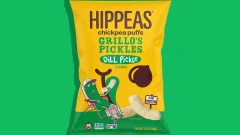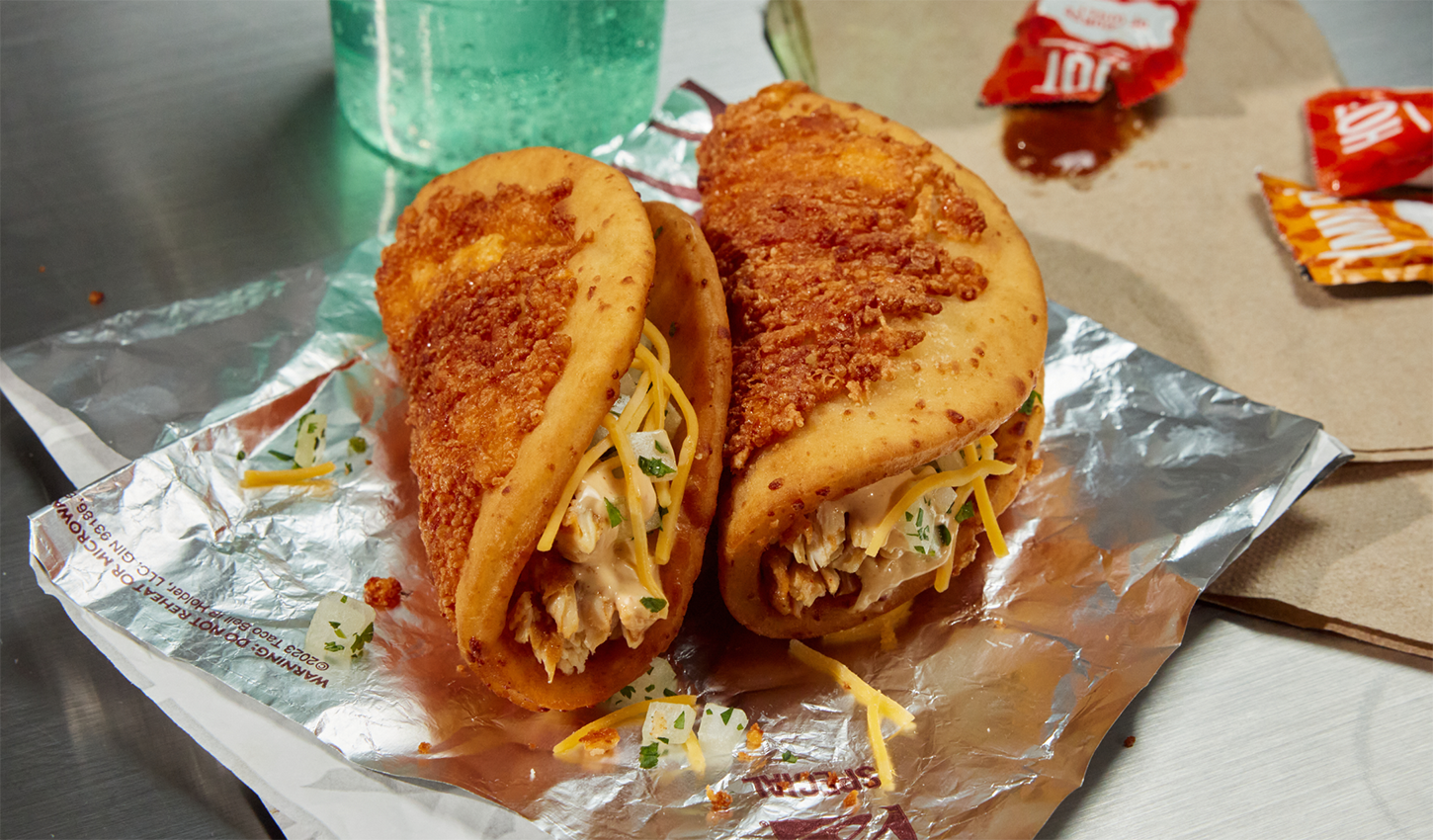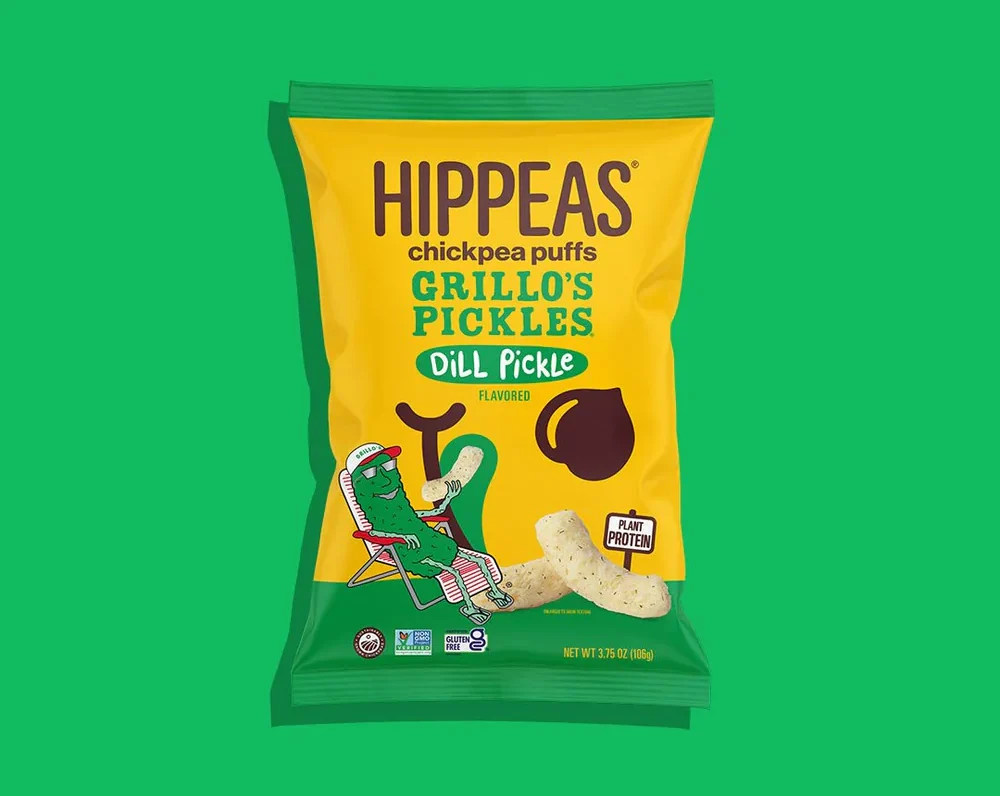9 Everyday Foods That Could Kill Your Cat

Owning a pet of any kind brings joy, companionship and most of all — responsibility. So, even if you’re experienced with animals, it’s your job to make sure your felines are healthy and happy. One of the easiest ways to monitor your pet’s well-being is closely monitoring a diet that’s toxin-free in order to keep your furry roommate’s tummy out of harm’s way.
If you’re one of the 85.8 million people that own a cat, then you know it’s not often you have to watch everything that goes into it’s mouth, since cats are generally very fussy eaters. While our claw-equipped fur pillows might express some curiosity every time you make a tuna sandwich — that doesn’t mean you should feel inclined to make two.
With that said, here’s a few of the most common human foods that could actually be fatal to felines. So, take note to ensure that culinary curiosity doesn’t kill your cat.
1. Tuna & Poke

What can it do?
Although poke maybe be delicious, it’s not the best treat for your cat.
Actually, in excess tuna — and other fish— in general is considered to be borderline unhealthy for cats because tuna doesn’t contain the nutrients cats need for a healthy digestive system.
Too much tuna for cats can lead to malnutrition. Additionally, poke is usually made with freshly squeezed lemon or citrus juice, which can cause vomiting, stomach irritation, and other digestive issues for our feline companions.
2. Fish & Poultry With Bones

What can it do?
Be careful if you feed your cats chicken or fish that might contain bones, as cats can easily choke on them. Fish bones are somewhat flexible, and can easily be consumed by a hungry kitty.
But let’s err on the side of caution here.
3. Alcohol

What can it do?
One teaspoon of alcohol can put a five pound cat into a coma, according to the ASPCA. Cat livers don’t operate as efficiently as the human liver — which means wine, beer or spirits can cause serious health problems.
So, even if you and your cat are relaxing after a hard day at work, and you feel inclined to pour a little of alcohol into his or her bowl — don’t.
However, if you feel like your cat just needs to, “wine” about their day of sleeping and watching birds, this cat wine will provide a healthy alternative.
4. Caffeine

@tania_crystal0126 (instagram)
What can it do?
Even small amounts of caffeine can cause rapid breathing, heart palpitations, and muscle tremors in cats.
Caffeine can be found in an array of products — even decaf coffee, teas, and other beverages — without consumer knowledge.
Since caffeine isn’t a nutrient, the Food and Drug Administration doesn’t require food manufacturers to list caffeine as food nutrition labels.
5. Chocolate

What can it do?
While dogs are more likely to get into a stash of indulgent chocolate before a cat does, it’s still a good idea to keep it out of kitty’s reach.
Theobromine is an alkaloid found in chocolate, which can cause everything from vomiting and diarrhea.
It’s estimated that more than 200 mg of theobromine can also cause cardiac failure.
6. Grapes & Raisins

@bordeauxwinelovers (instagram)
What can it do?
While grapes and raisins might seem like harmless treats for your cat, it’s a silent killer.
However, it’s unknown exactly what compound in grapes and raisins that make the fruit toxic to cats. If ingested, grapes have been known to cause kidney failure in them.
7. Candy, Gum, Toothpaste, or anything with Xylitol

What can it do?
Every diet soda you drink contains Xylitol, which is a sugar alcohol used as a sweetener in a lot of common foods. However, it will be anything but sweet to your inquisitive cat.
Xylitol can increase in the insulin circulating through your cat’s body, which will cause the cat’s blood sugar to drop, and can also lead to liver failure.
8. Baking Dough

What can it do?
Imagine your cat’s tummy as a tiny oven — if it eats uncooked dough, it will begin to expand inside.
This will obviously result in some discomfort to your four-legged friend, so be sure to keep baking dough out of kitty’s claws and jaws.
9. Raw Meat

What can it do?
Raw meat is never safe to eat due to the harmful bacteria, like salmonella, E. Coli and even listeria — which can cause an array of health issues for humans and their pets.
Always make sure your meat is covered and out of reach, you never know when kitty will hop up on the kitchen counter to investigate.






















